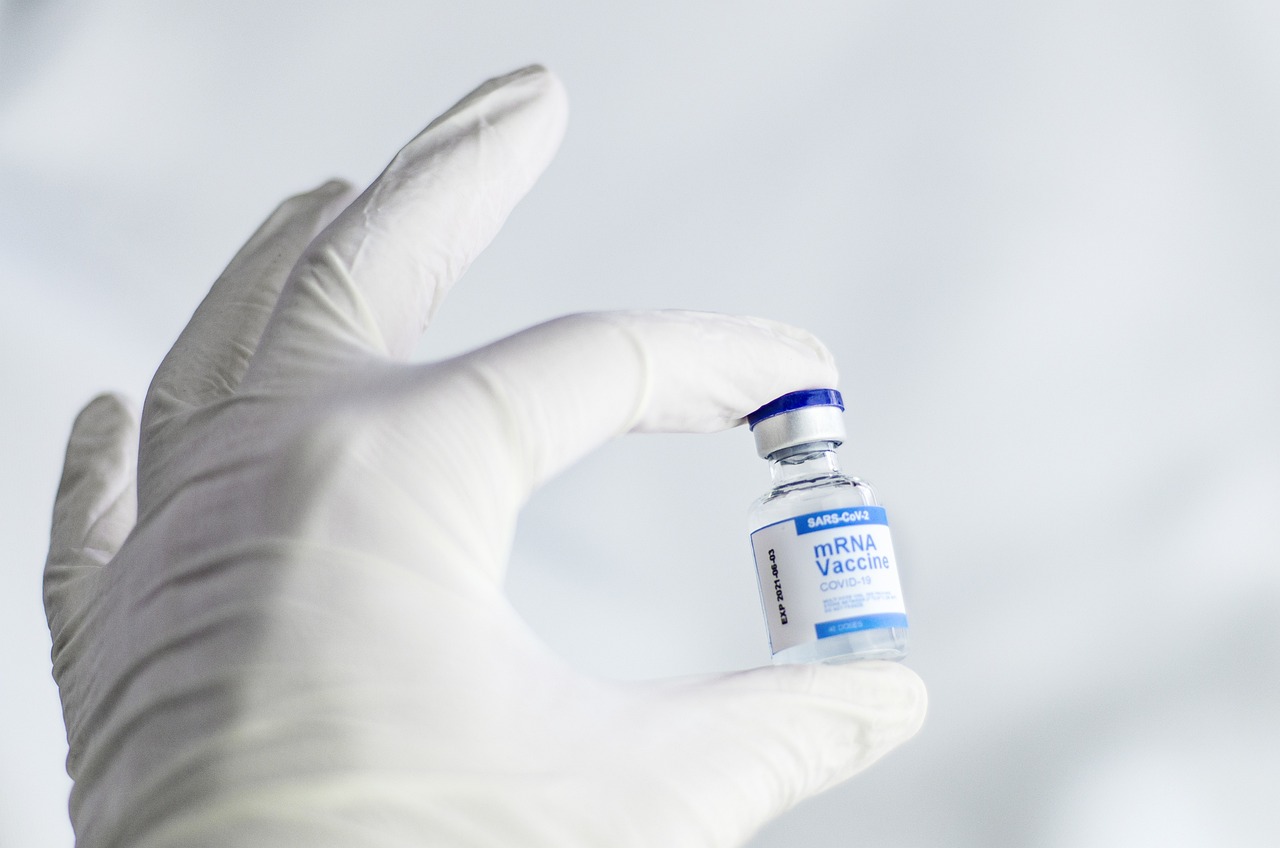Although the COVID-19 pandemic is over, the virus that started it remains around the world, resulting in hundreds of hospital admissions every week and generating new strains with alarming regularity. Because of the virus’ remarkable capacity to adapt and elude immune responses, the World Health Organisation (WHO) has recommended yearly upgrades to the COVID-19 vaccination.
However, some experts are concerned that the astounding efficacy of the initial COVID-19 vaccinations might work against subsequent iterations, reducing the value of a yearly immunization campaign. An analogous issue besets the yearly flu vaccination campaign. Immunity generated by a single year’s vaccinations might impede immunological responses in succeeding years, so diminishing the efficacy of the doses.
This topic is addressed in part by a recent study conducted by scientists at Washington University School of Medicine in St. Louis. Prior immunity to SARS-CoV-2, the virus that causes COVID-19, does not prevent subsequent vaccination responses, in contrast to immunity to influenza viruses. Instead, the researchers find that it encourages the production of broadly inhibitory antibodies.
The study, which is published online in Nature, demonstrates that individuals who received COVID-19 vaccinations on multiple occasions first, booster shots and then updated vaccines targeting variants produced antibodies that were able to neutralise a variety of SARS-CoV-2 variants and even some coronaviruses that were distantly related. According to the research, getting re-vaccinated against COVID-19 regularly may help people develop a stockpile of broadly neutralising antibodies that shield them against new strains of SARS-CoV-2 and some other coronavirus species, including ones that have not yet spread to infect humans, rather than impairing their body’s capacity to detect and react to new variants.
The first vaccine an individual receives induces a strong primary immune response that shapes responses to subsequent infection and vaccination, an effect known as imprinting,
In principle, imprinting can be positive, negative or neutral. In this case, we see strong imprinting that is positive, because it’s coupled to the development of cross-reactive neutralizing antibodies with remarkable breadth of activity.
Michael S. Diamond, MD, PhD
The natural outcome of immunological memory is imprinting. The generation of memory immune cells is initiated by the initial vaccination. Reactivation of memory cells triggered by the initial vaccination occurs when individuals receive a second vaccination that is somewhat identical to the first. The immune response to the ensuing vaccination is dominated by and shaped by these memory cells.
There are drawbacks to imprinting when it comes to the flu vaccination. People acquire very few neutralising antibodies against the strains in the more recent vaccination because antibody-producing memory cells suppress the growth of new antibody-producing cells. However, in other circumstances, imprinting can be advantageous because it encourages the production of cross-reactive antibodies that neutralise strains found in both the original and follow-up vaccinations.
Diamond and colleagues, including graduate student Chieh-Yu Liang, the first author, examined the antibodies from mice or humans who had received a series of COVID-19 vaccines and boosters that first targeted the original and then the omicron variants to comprehend how imprinting affects the immune response to repeat COVID-19 vaccination. A portion of the human subjects had also contracted the COVID-19 virus naturally.
The degree of imprinting impact was the first inquiry. The amount of neutralising antibodies that the subjects had that were specific to either the original version, the omicron variant, or both was counted by the researchers. The fact that so few individuals had produced any omicron-specific antibodies suggested that the first vaccine had left a significant imprint. Still, scientists discovered a small number of antibodies specific to the original version. Both were cross-reacted with by the great majority of neutralising antibodies.
The extent to which the cross-reactive impact persisted was the next query. By definition, cross-reactive antibodies identify a characteristic that is shared by two or more variations. Only comparable variations share certain characteristics, while all SARS-CoV-2 variants or even coronaviruses share others. The researchers tested the neutralising antibodies against a panel of coronaviruses, which included the Middle Eastern Respiratory Syndrome (MERS) virus, a coronavirus from pangolins, the SARS-1 virus that caused the 2002–03 SARS epidemic, and SARS-CoV-2 viruses from two omicron lineages, to determine the breadth of the antibodies. All the viruses, except the MERS virus, which is derived from a distinct branch of the coronavirus family tree than the others, were neutralised by the antibodies.
Subsequent testing demonstrated that the combination of the original and mutant vaccinations was responsible for this amazing breadth. Only those who got the initial SARS-CoV-2 vaccination saw a small amount of cross-reactive antibodies generated, which neutralised both the SARS-1 and pangolin coronavirus. However, the cross-reactive neutralising antibodies against the two coronavirus species rose following a booster shot with an omicron vaccination.
When combined, the data imply that routine re-vaccination against variants of COVID-19 may provide individuals with the ability to combat not only the SARS-CoV-2 variants included in the vaccines but also other variants of SARS-CoV-2 and related coronaviruses, potentially including ones that are still dormant.
Also Read| A study revealed that metastatic cancers in mice can be cured by a plant virus treatment
At the start of the COVID-19 pandemic, the world population was immunologically naïve, which is part of the reason the virus was able to spread so fast and do so much damage,
We do not know for certain whether getting an updated COVID-19 vaccine every year would protect people against emerging coronaviruses, but it’s plausible. These data suggest that if these cross-reactive antibodies do not rapidly wane — we would need to follow their levels over time to know for certain —they may confer some or even substantial protection against a pandemic caused by a related coronavirus.
Michael S. Diamond
Source: Washington University School of Medicine in St. Louis News
Journal Reference: Liang, Chieh, et al. “Imprinting of Serum Neutralizing Antibodies by Wuhan-1 mRNA Vaccines.” Nature, 2024, pp. 1-3, https://doi.org/10.1038/s41586-024-07539-1
Last Modified:






